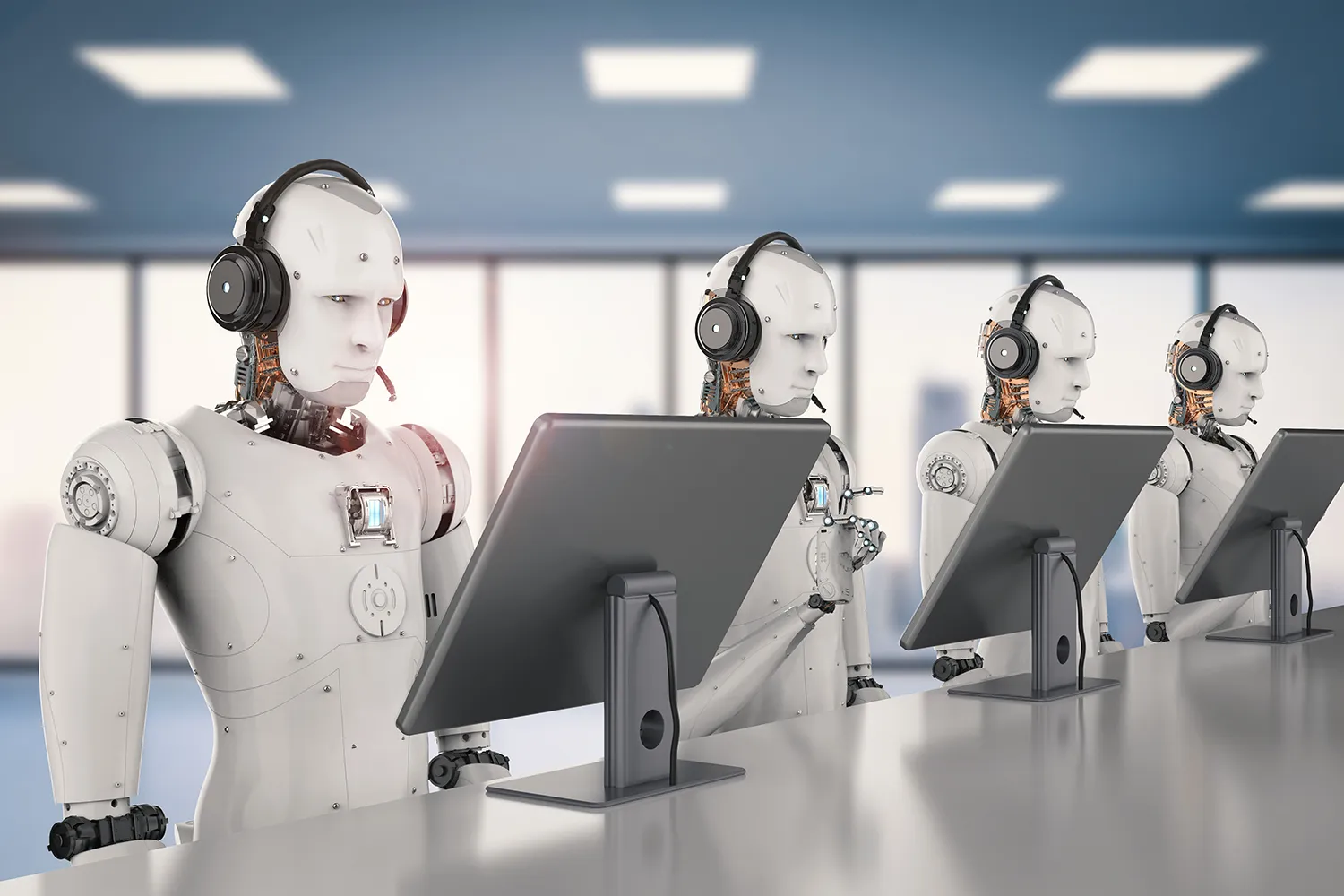AI Assistants Prove Their Value and Become a Competitive Advantage in Public Services

Moscow Region’s AI-powered voice assistant 'Galina' is transforming how citizens interact with government services, answering hundreds of thousands of inquiries and setting a new benchmark for digital efficiency.
Galina Works Without Days Off
This year, the multifunctional centers (MFCs) of the Moscow Region deployed a voice-based AI assistant named Galina. So far, the assistant has handled more than 450,000 calls, with over 280,000 of them processed entirely without human intervention. The successful experience is already drawing interest from other regions and countries.
Galina is part of a broader digital transformation of government services, aimed at improving accessibility. Currently, the assistant handles around 60% of all incoming calls to MFCs, significantly easing the burden on human staff. According to Galina Varganova, Director of the Moscow Region MFC, the primary advantage of the solution is its ability to operate around the clock, including weekends and holidays.
The AI assistant provides information on common services, government fees, document status, and office hours. It can also schedule or cancel appointments. Based on advanced speech recognition algorithms, Galina understands a wide range of queries, interprets tone and context, and retrieves accurate answers from a central database. In complex situations, it transfers the call politely to a human operator.

Galina is not the only digital assistant in regional services—another robot, Svetlana, is already reminding patients about upcoming medical appointments.
Everything Got Simpler
The rollout of Galina and similar AI-powered assistants demonstrates the growing effectiveness of automating urban and public services. Citizens report numerous benefits: no more waiting on hold when calling an MFC, significantly improved service quality, reduced human error, and lower support costs.
Beyond improving operations, these digital assistants are reshaping the overall image of public service—making it more accessible, responsive, and user-friendly.
Future plans include expanding these assistants’ functionality. For instance, Galina is expected to handle more personalized tasks such as automatically completing application forms on behalf of users.
Where AI Assistants Are Needed Most
The need for digital assistants like Galina is growing across Russia as public services continue to evolve, adding new offerings that must be available 24/7. Meeting that expectation requires scalable, intelligent automation.

Large segments of Russia’s service ecosystem—especially healthcare facilities and social protection agencies—are ideal candidates for these technologies. In these domains, AI assistants can significantly boost operational efficiency. Galina’s architecture could serve as a blueprint for successful digital transformation, particularly in CIS countries where demand for modernized government services is growing.
The private sector in Russia is also embracing AI assistants. Dmitry Markov, CEO of VisionLabs, predicts that by the end of 2026, 95% of customer interactions in the service economy will be AI-driven. These will go far beyond simple chatbots, using internal documentation and contextual understanding to deliver real-time, accurate responses and recommendations.
Experts note a shift in public perception—AI assistants are no longer viewed as competitors to human workers but as indispensable allies in service delivery.










































